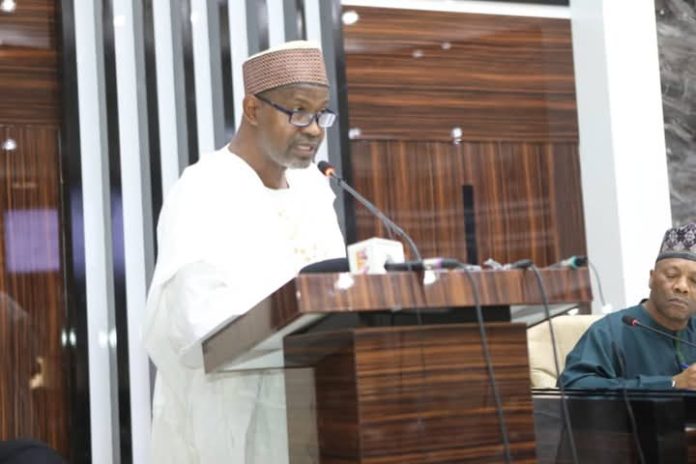The Minister of Education, Dr. Maruf Tunji Alausa, has called for immediate reforms to tackle the alarming university admission shortfall in Nigeria. Currently, only 22-25% of the 2 million annual applicants secure a spot in universities, leaving over 75% of hopeful students unable to gain admission.
In a recent meeting with Vice Chancellors of Federal Universities in Abuja, Dr. Alausa outlined a series of bold measures aimed at bridging this gap. A key component of his plan is the mandatory adoption of hybrid learning models by 2025, along with the integration of Anthology Blackboard technology by the end of this year. Access to ICT intervention funds for universities will be contingent upon compliance with these requirements. The Minister stressed the importance of leveraging technology, particularly in conflict-prone regions where in-person attendance can be a challenge.
In addition to enhancing technological infrastructure, Dr. Alausa urged educational institutions to prioritize specialized education to address the growing skills gap in the workforce. He also suggested fostering public-private partnerships to expand student housing options beyond campus facilities.
During the discussions, JAMB Registrar Prof. Ishaq Oloyede clarified that the Joint Admissions and Matriculation Board (JAMB) merely enforces admission quotas set by regulatory bodies, particularly for professional courses such as law and medicine. He echoed the Minister’s call for urgent policy restructuring to improve the admission landscape.
Chairman of the Committee of Vice Chancellors, Prof. Tanko Yusuf, highlighted several challenges facing the education sector, including chronic underfunding, inadequate pay for academic staff, and outdated curricula. He emphasized the need for increased funding, curriculum modernization, and enhanced vocational education to alleviate overcrowding in universities.
Dr. Alausa made it clear that these reforms are essential and non-negotiable, signaling a decisive push toward modernizing Nigeria’s higher education system. As the country faces a growing demand for quality education, the Minister’s call to action aims to create a more inclusive and responsive educational framework for future generations.


